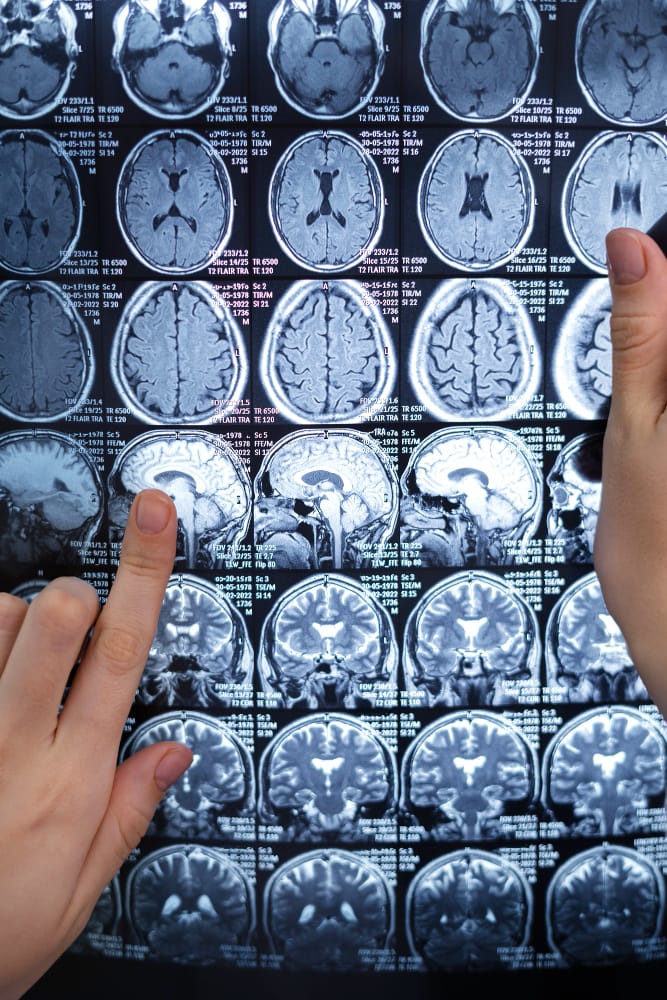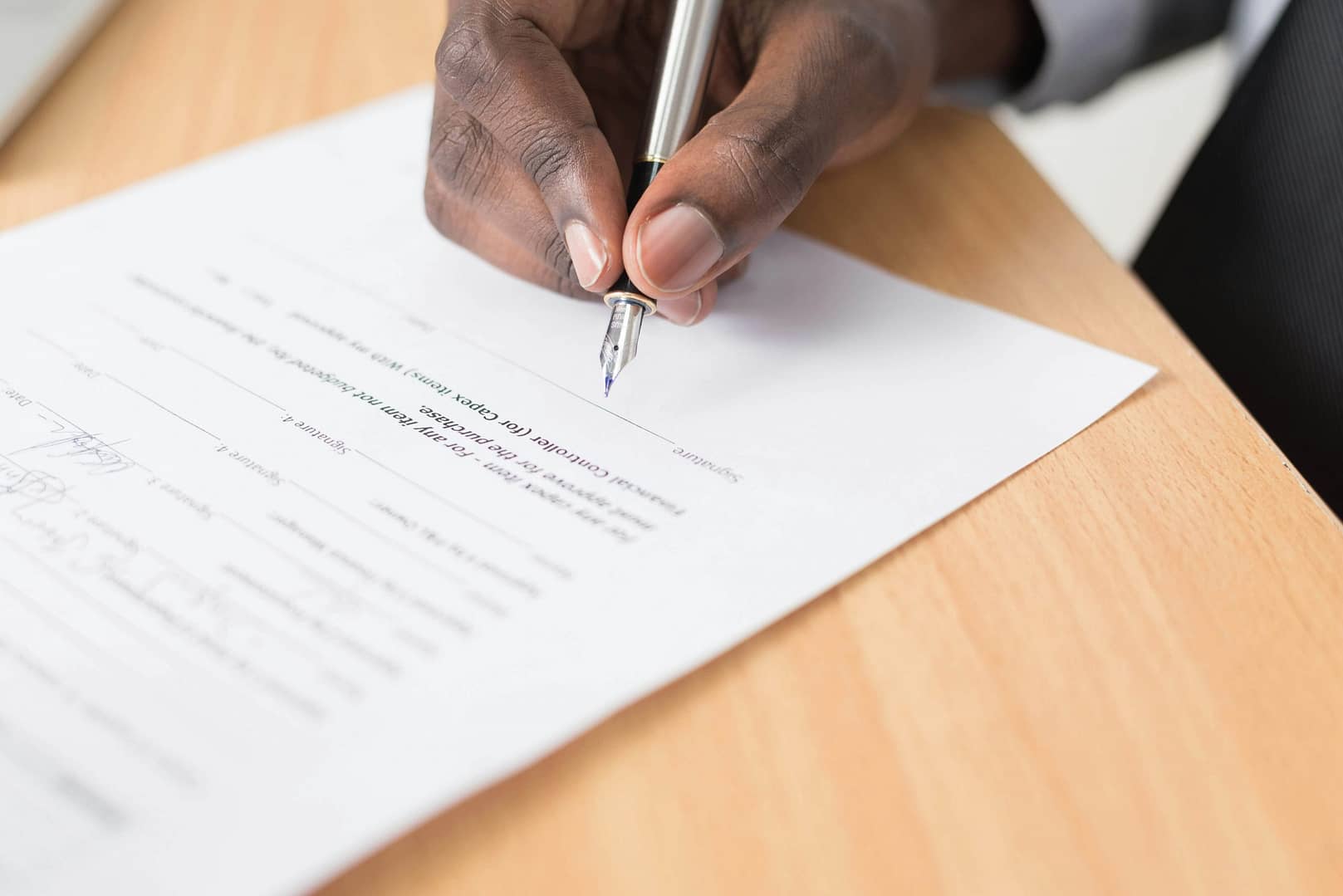Cognitive changes after brain injury can be a complex and worrying experience. Understanding what’s considered a normal part of recovery and what might indicate a more serious issue is crucial. This article will delve into the various cognitive changes that can occur after a brain injury, helping you differentiate between typical recovery patterns and potential red flags.
Understanding the Spectrum of Cognitive Changes
Brain injuries, whether mild or severe, can disrupt the intricate workings of the brain, leading to a range of cognitive changes. These changes can affect various aspects of thinking, including memory, attention, processing speed, and executive functions.
Common Cognitive Challenges After Brain Injury
Memory problems are among the most common cognitive changes experienced after a brain injury. These can manifest as difficulties recalling recent events, learning new information, or accessing memories from the past.
Attention and concentration can also be significantly affected. Individuals may find it challenging to stay focused on tasks, easily get distracted, or struggle to shift their attention between different activities.
Processing speed, the pace at which the brain takes in and analyses information, often slows down after a brain injury. This can make it harder to keep up with conversations, follow instructions, or react quickly to situations.
Executive functions, which encompass higher-level cognitive skills like planning, problem-solving, and decision-making, can also be impaired. This can lead to difficulties in organising thoughts, setting goals, and adapting to changing circumstances.
Recognising Normal Cognitive Recovery
While the cognitive changes after brain injury can be concerning, it’s important to remember that the brain has a remarkable capacity for healing and adaptation. Many cognitive difficulties experienced in the initial stages of recovery gradually improve over time.
Mild cognitive impairments, such as occasional forgetfulness or difficulty concentrating in noisy environments, are often considered a normal part of the recovery process. These challenges may persist for weeks or months but typically lessen as the brain heals.
The brain’s plasticity allows it to reorganise and rewire itself, compensating for damaged areas. This natural healing process contributes to the gradual improvement of cognitive functions over time.
Identifying Red Flags in Cognitive Recovery
While some cognitive challenges are expected after a brain injury, certain signs may warrant further investigation. These red flags could indicate a more severe or persistent cognitive impairment.
Significant and persistent memory loss, especially if it interferes with daily activities, could be a cause for concern. Similarly, difficulties with communication, such as problems with speech, comprehension, or finding the right words, may require further assessment.
Changes in personality or behavior, such as increased irritability, impulsivity, or emotional lability, can also be red flags. These changes may indicate underlying cognitive difficulties or emotional distress.
If cognitive challenges are not improving or are worsening over time, it’s essential to seek medical advice. A healthcare professional can conduct a thorough evaluation to determine the underlying cause and recommend appropriate interventions.
Seeking Professional Assessment and Support
If you or someone you know is experiencing cognitive changes after a brain injury, seeking professional assessment and support is crucial. A neuropsychologist can conduct comprehensive testing to evaluate cognitive function and identify specific areas of difficulty.
Early intervention is key to maximising cognitive recovery. A neuropsychologist can recommend appropriate therapies and strategies to address cognitive challenges and support the brain’s natural healing process.
Support groups and counseling can also be beneficial for individuals and families coping with the effects of a brain injury. These resources provide a safe space to share experiences, learn coping strategies, and connect with others facing similar challenges.
Coping with Cognitive Changes
Coping with cognitive changes after a brain injury can be challenging, but there are strategies to help manage these difficulties and improve quality of life.
Developing compensatory strategies can be helpful in managing specific cognitive challenges. For example, using memory aids, breaking down tasks into smaller steps, or creating routines can help individuals with memory or organisational difficulties.
Creating a supportive environment is crucial for cognitive recovery. Reducing distractions, ensuring adequate rest, and maintaining a healthy lifestyle can promote brain healing and improve cognitive function.
Patience and understanding are essential for both the individual and their support network. Cognitive recovery takes time, and setbacks are a normal part of the process. Celebrating small victories and focusing on progress can help maintain motivation and hope.
Long-Term Outlook and Recovery
The long-term outlook for cognitive recovery after a brain injury varies depending on the severity of the injury, individual factors, and access to appropriate support.
Many individuals experience significant improvement in their cognitive function over time, especially with early intervention and consistent effort. The brain’s ability to adapt and compensate is remarkable, and many people can regain a good quality of life.
However, some individuals may experience persistent cognitive challenges that require ongoing management and support. These challenges can affect various aspects of life, including work, relationships, and daily activities.
Even with persistent cognitive difficulties, there are ways to adapt and live a fulfilling life. With the right support, individuals can learn to manage their challenges, develop new skills, and find ways to participate in meaningful activities.
Making a Personal Injury Claim with National Claims
At National Claims, we understand the profound impact that a personal injury, especially a brain injury, can have on your life and the lives of your loved ones. These devastating injuries can result in significant physical, emotional, and financial hardships, leaving you feeling overwhelmed and uncertain about the future.
If you have suffered a brain injury due to someone else’s negligence, we’re here to help. Our team can connect you with specialist solicitors who have a deep understanding of the complex legal issues surrounding these types of injuries. We offer a free, no-obligation consultation to discuss your specific circumstances and assess the potential strength of your claim.
Free Consultation
During your consultation, we’ll listen to your experience, carefully review any medical records or accident reports, and explain the legal process in clear, easy-to-understand terms. We understand that this is a difficult time, and we’ll handle your case with compassion and sensitivity, ensuring your rights and interests are protected.
Our panel of solicitors specialises in personal injury claims related to brain injuries. They have a proven track record of securing substantial compensation for their clients, covering medical expenses, rehabilitation costs, lost wages, pain and suffering, and other damages. They will fight tirelessly on your behalf, ensuring you receive the justice and support you deserve.
*Customers pay up to 25% (incl. VAT) of the amount recovered towards solicitor costs and if you cancel outside your cooling off period, you may be charged a fee.
Contact us today to speak to one of our claims agents who will be able to help you get started on your claim.
Click below to see why we are one of the most trusted claims management companies in the UK.

We’re proud of our excellent customer reviews
We thrive on delivering exceptional service and ensuring our clients’ satisfaction. Don’t just take our word for it. Check out some of our independent reviews to see what our clients have to say.
Excellent

This firm is excellent, they sorted out my car pay out and injury claim very fast, they always communicate with you all the time.

My accident case was dealt with confidence and with great result of the outcome, especially James kept me informed all the time.

I was very impressed at the way my inquiry was treated. I was listened to attentively and everything I needed to know was explained to me.






